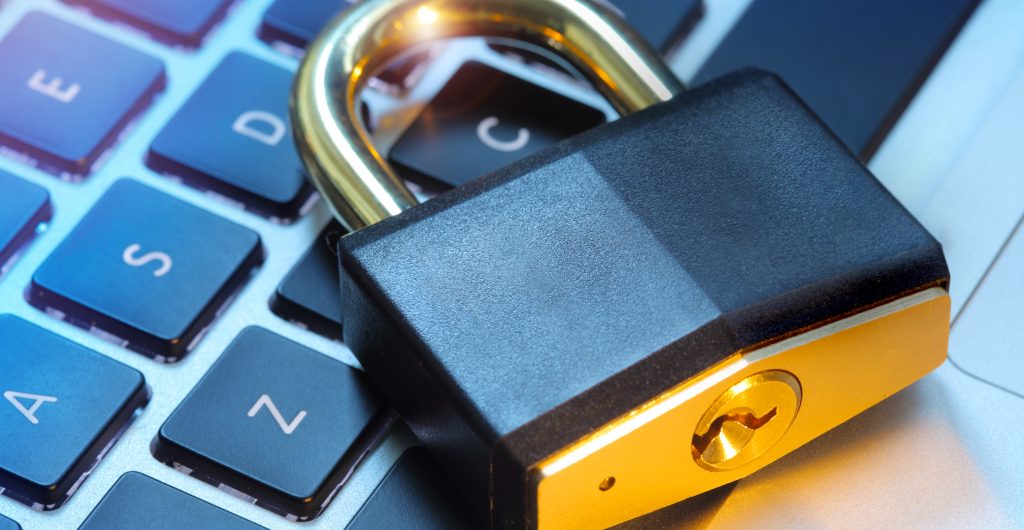03/22/2018: Protecting your online identity has never been more important. Here’s how to do it.
The growing threat of cybercrime will once again be a big topic in 2018, and it’s becoming clear that practically nobody is safe from having their information compromised. In 2016 alone, identity thieves stole more than $16 billion from more than 15 million Americans—and most of these thefts involved information that thieves found online.
Significant data breaches also hit a record high in 2016, with high-profile businesses like Anthem and Wendy’s Co. experiencing major hacks. Customer names, addresses, passwords, credit card and social security numbers, and other data is routinely compromised in these kinds of breaches.
Unfortunately, there’s no failsafe way to protect your identity online, but there are many steps you can take to minimize your risk. The key is knowing what to look for, and being careful about who you trust. Here are a few things you can do to help keep your online identity safe.
Understand phishing. Phishing is when someone sends you an email that appears to be from a reputable person or organization, but it includes a link or attachment designed to compromise your information. Never click on a link or open an attachment from an email you aren’t certain is from a trusted source. And keep in mind that trusted sources will practically never ask for information like your social security number, bank account info, or passwords through emails, texts, or phone calls—especially if they are initiating contact.
Create better passwords. There are lots of things you can do to make your passwords stronger. Here’s a quick list:
- Use different passwords for different websites
- Make your passwords at least 12 characters
- Avoid common words and phrases
- Never include personal info, like your address or name
- Include symbols and capitalization variation
- Consider using a random password generator
Be careful on social media. Social media sites like Facebook and LinkedIn are great places for cyber criminals to steal data. Make sure your privacy settings are up to date, and that they’re as restrictive as possible so that strangers can’t learn more about your personal details. Also avoid online quizzes asking personal questions—these can be used by thieves to get answers to security questions associated with your online identity.
Don’t forget about software/system updates. Operating system updates to your laptop, desktop, phone, or tablet often contain security fixes. Many of these fixes are in response to new cyber threats and are critical for keeping your device safe. The next time you see an update notice, don’t click the “remind me later” button—take care of it now!
Look at bank statements and credit reports. Your bank statements and credit reports are often the fastest and easiest way to check if your identity has been compromised. Take a look at them regularly.
Be cautious when using public Wi-Fi. Using public Wi-Fi can be a great way to stay connected when you’re away from home—but it’s also a great way for thieves to steal sensitive online data. While we won’t tell you to never use public Wi-Fi, it’s important to exercise extreme caution when doing so, and to avoid making any sensitive transactions when connected to a public network. If the public network isn’t password protected, consider connecting to the internet from a different source.
Take action immediately if you think your information has been compromised. Even if you aren’t positive your information has been stolen, don’t wait to take action. Call your bank immediately, explain the situation, and request that your account be frozen until the issue is resolved. You can also call credit agencies and request a credit freeze to make sure your credit isn’t adversely affected. Also be sure to immediately change all passwords.
Protecting your online identity is serious business. But if you follow the tips above, you can make it difficult for thieves to get your information—and you’ll be ready to react immediately if you suspect your data has been compromised. If you have any questions about identity protection—or how Prospect Bank works to keep your identity safe—be sure to contact us online, or give us a call at 877-465-4154.





